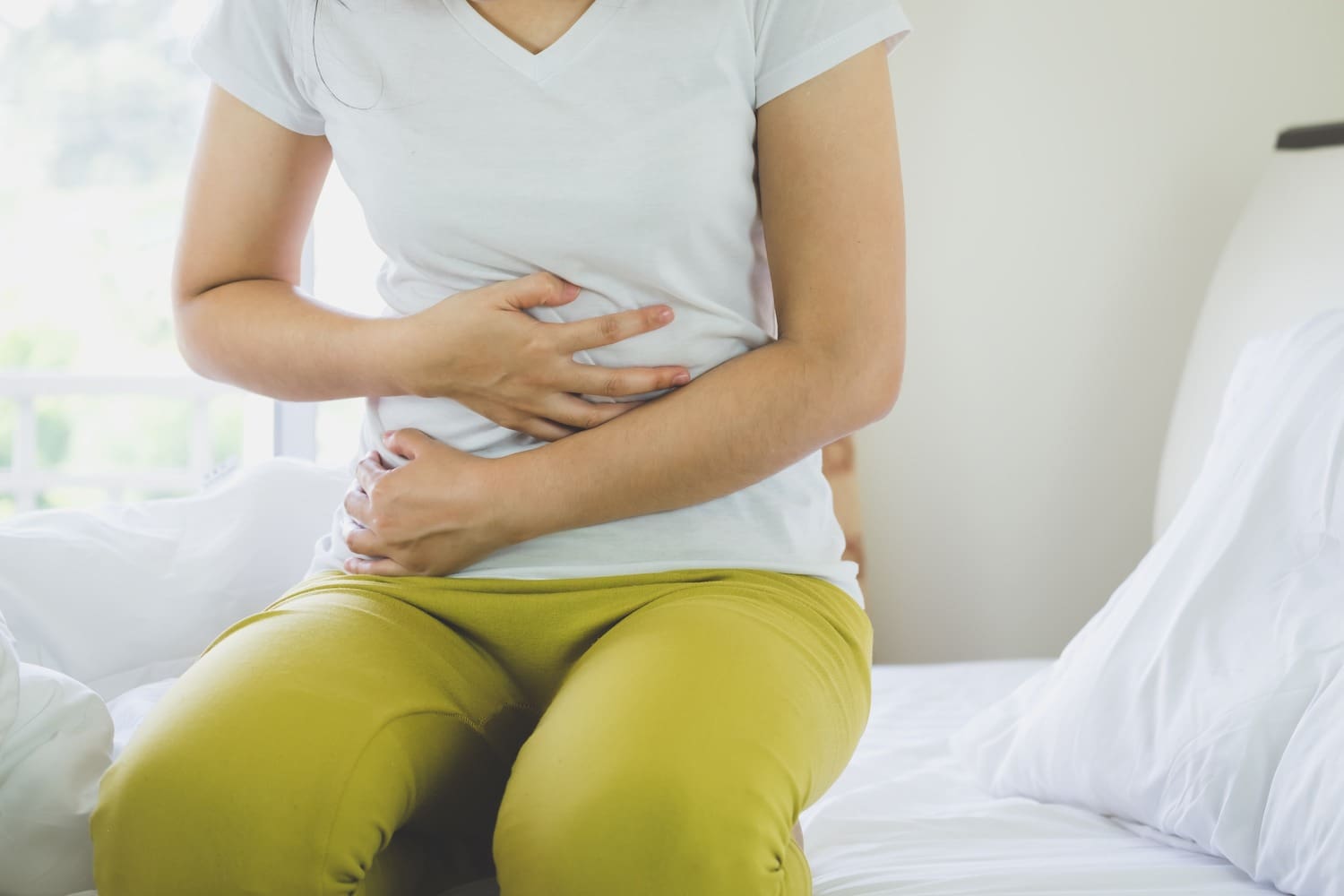The symptoms of peptic ulcers, which comprise gastric (or stomach) ulcers and duodenal ulcers, can vary from person to person and with the location of the ulcer. You may have an ulcer without experiencing any symptoms, have obvious symptoms, or experience a complication, such as bleeding or perforation.
Common symptoms of peptic ulcers
The following symptoms are commonly associated with peptic ulcers. However, bear in mind that peptic ulcers often cause no symptoms, especially in older people.
Burning or gnawing abdominal pain
Abdominal pain or discomfort is a typical symptom of peptic ulcers (both gastric and duodenal). The pain tends to come and go, and is often worse at night.
You may feel the pain anywhere in the area between your navel and your breastbone. It often occurs when the stomach is empty.
The pain may last from between a few minutes to several hours, and may be relieved by eating, drinking milk or taking antacid medicines. However, sometimes eating can make symptoms worse. In addition, drinking milk may be just a temporary fix. While it can improve symptoms quickly, it may increase acid production later on, making symptoms worse.
The pain or discomfort associated with peptic ulcers is sometimes referred to as ‘dyspepsia’.
Nausea and vomiting
Sometimes you might experience nausea or vomiting. These symptoms are not as common as abdominal pain.
Nausea associated with a peptic ulcer may be relieved by eating.
Loss of appetite and weight
Again these symptoms are less common than abdominal pain, but people with peptic ulcers may suffer from loss of appetite and so lose weight.
More serious symptoms
Sometimes people are not aware they have an ulcer until they experience a serious complication, and some of these may include the following.
Haemorrhage
As an ulcer corrodes the lining of the stomach or duodenum, it may extend into the stomach or duodenal wall. In these cases, blood vessels can also be damaged, which can cause bleeding.
If these blood vessels are small, the blood may slowly seep into the digestive tract, leading to the development of anaemia over time. This may make you feel weak, dizzy or tired.
If larger blood vessels are involved, the bleeding will occur much more rapidly. This is a more dangerous situation. You may feel weak when you stand up, or you may faint or vomit blood. Your stools may be a black or dark red colour (from the blood) and ‘tar-like’ in consistency.
If you have any of these symptoms you should seek medical attention immediately, as you may need treatment to stop the bleeding.
Perforation and penetration
Although rare, ulcers can develop to such an extent that they completely perforate through the stomach or duodenal wall. This can cause the gastric contents, including partially digested food, to leak through this opening into the abdominal cavity, resulting in peritonitis (inflammation of the membrane that lines the abdominal cavity). This can cause sudden, severe abdominal pain that is worsened by any kind of movement.
Sometimes an ulcer may penetrate through the wall of the stomach or duodenum into another abdominal organ, such as the pancreas.
Perforation and penetration of ulcers is a medical emergency that needs immediate treatment in hospital.
Narrowing and obstruction
If your ulcer is located at the end of the stomach where it attaches to the duodenum, the scarring it causes may eventually narrow the opening to the duodenum. This will prevent food from leaving your stomach and moving into the small intestine.
If this happens you may experience nausea and vomiting, as well as worsening abdominal pain and bloating. You may also feel full after eating a small amount of food.
See your doctor about ulcer symptoms
If you are experiencing upper abdominal pain (tummy pain) or any of the other symptoms mentioned above, you should see your doctor. If your doctor suspects you may have a peptic ulcer they will want to confirm the cause and diagnosis and start treatment.





